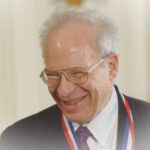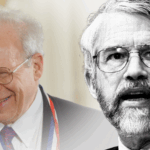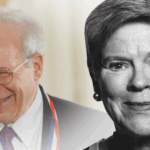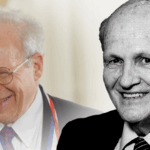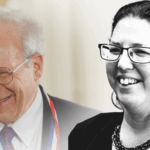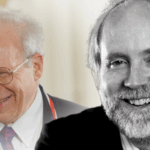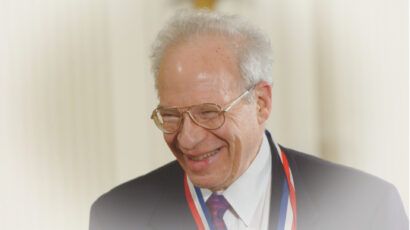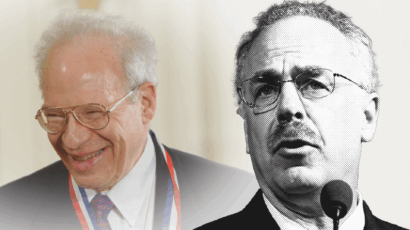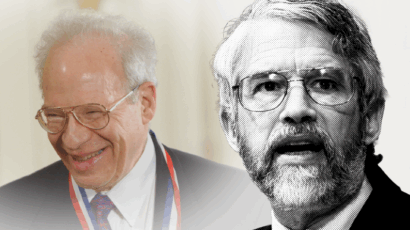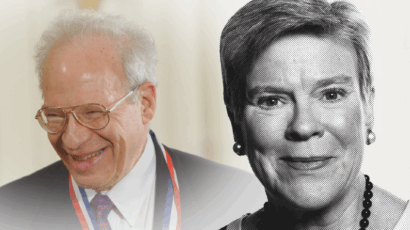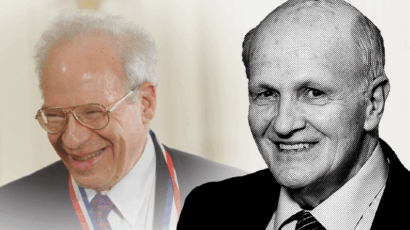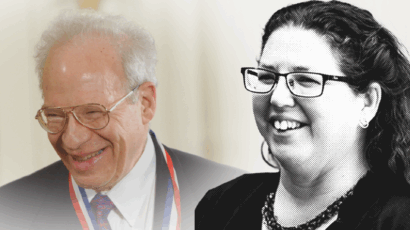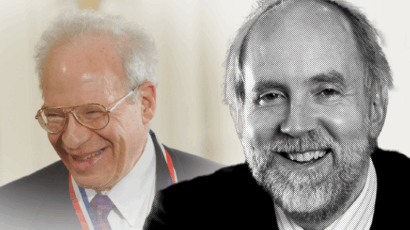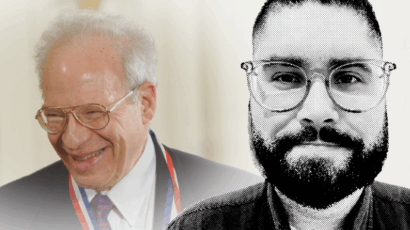Working with Richard Garwin, his rigor and generosity
By Raymond Jeanloz | May 23, 2025
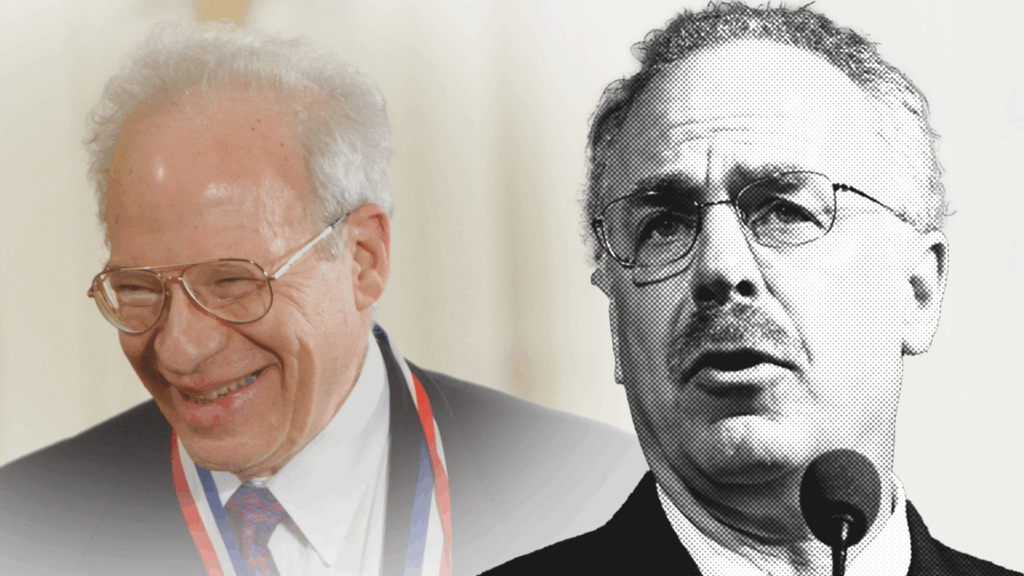
Editor’s note: This essay is part of a collection of appreciations of Dick Garwin.
Richard Garwin’s professional career spanned three quarters of a century. His contributions were legendary. But for many who worked with him, it was the style of his engagement that was often as memorable as the results.
Given the length of his working life, Garwin inevitably knew many things: He saw them firsthand, learned them from innumerable experts, or—as often as not—figured them out on his own.
He was generous with ideas, happy to let someone else get credit if it was their problem or topic of interest that had generated the thought. Dick—as his colleagues, young and old, knew him—was famous for listening to one expert after another, giving insights and advice on the spot as they summarized their work for him. He lived by and often repeated the motto: Better to be effective—have a good idea adopted or implemented, especially if it was originally his own—than take credit.
Once discovered, ideas were absorbed and compared against everything he could recall, often with surprising results. A concept in one domain would remind him of results in a completely different specialty. His own research experience in low-temperature physics, microfluidics, nuclear engineering, parity violation, radar, superconductivity, and many more domains led to astonishing connections.
It was one thing to witness this process with one inference leapfrogging to the next, and it was even better to participate in it. Intellectually exhilarating would not be an exaggeration about how one could feel working with Dick.
Garwin would debate with himself as vigorously as with others. His standards and expectations were high for all who worked with him because he expected at least as much from himself.
Still, there were inadvertent consequences, as he would blurt out “But that’s not right!” to someone making a comment or a lengthier presentation. Naturally, the speaker would think they were being chided, but Dick was more-often-than-not chiding himself out loud for having started to adopt a conclusion that he could moments later see was flawed. Nothing personal, from Dick’s point of view, as he reminded himself to do better and be more careful in the future.
Of course, there were occasions—who knows how many?—during which Dick acknowledged (typically with a smile) that the speaker should indeed have felt chided. This was serious business, not just mental gymnastics.
I worked with Dick throughout the second half of his career—which was already almost a normal career’s duration! We collaborated in areas related to international security and arms control, mostly in the United States but also in Moscow, Beijing, Rome, and other venues. You get to know someone when you travel with them extensively. For example, he was much impressed by—and sought to encourage—China’s rise during the 20th century, with experts making world-class contributions in science and technology while hundreds of millions were being lifted out of poverty.
Dick and his wife Lois travelled to China over more than 40 years, so much so that Chinese colleagues put together a book commemorating this singular effort in science diplomacy. Lois was remarkably effective at facilitating Dick’s interactions with people far and wide.
Garwin was tireless in reaching out to the broad community of natural scientists, engineers, and technologists. Addressing issues ranging from control of nuclear weapons and countering terrorism to bio-, cyber, and space security. The military uses of artificial intelligence and autonomous systems received more recent attention.
Overall, Garwin was dedicated to understanding the consequences of modern technologies, including their benefits, limitations, and dangers. Powerful—therefore potentially empowering—these technologies need to be understood because they can also cause widespread harm. Their discovery, typically a matter of luck, can’t be wished away. But their uses might be controlled to the benefit of all; and, if that’s possible, one should try to do so.
These personal, nearly philosophical views—despite him saying “I’m not a philosopher”—drove Dick Garwin’s passion for understanding the universe, and as best as possible in acting on that understanding to the betterment of humanity.
Together, we make the world safer.
The Bulletin elevates expert voices above the noise. But as an independent nonprofit organization, our operations depend on the support of readers like you. Help us continue to deliver quality journalism that holds leaders accountable. Your support of our work at any level is important. In return, we promise our coverage will be understandable, influential, vigilant, solution-oriented, and fair-minded. Together we can make a difference.
Keywords: Garwin appreciations, JASON, Richard Garwin, presidential advice, science advisory committees
Topics: Nuclear Weapons, Personal Essay


